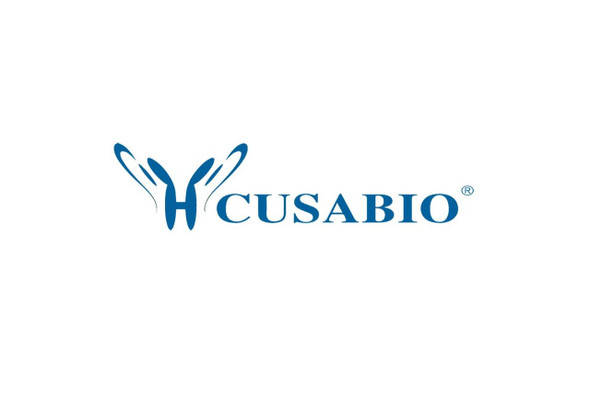Cusabio Polyclonal Antibodies
CTNNBL1 Antibody | CSB-PA848844ESR1HU
- SKU:
- CSB-PA848844ESR1HU
- Availability:
- 3 to 7 Working Days
Description
CTNNBL1 Antibody | CSB-PA848844ESR1HU | Cusabio
CTNNBL1 Antibody is Available at Gentaur Genprice with the fastest delivery.
Online Order Payment is possible or send quotation to info@gentaur.com.
Product Type: Polyclonal Antibody
Target Names: CTNNBL1
Aliases: Beta-catenin-like protein 1 (Nuclear-associated protein) (NAP) (Testis development protein NYD-SP19), CTNNBL1, C20orf33
Background: Component of the PRP19-CDC5L complex that forms an integral part of the spliceosome and is required for activating pre-mRNA splicing. Participates in AID/AICDA-mediated Ig class switching recombination (CSR) . May induce apoptosis.
Isotype: IgG
Conjugate: Non-conjugated
Clonality: Polyclonal
Uniport ID: Q8WYA6
Host Species: Rabbit
Species Reactivity: Human
Immunogen: Recombinant Human Beta-catenin-like protein 1 protein (264-563AA)
Immunogen Species: Human
Applications: ELISA, WB, IHC
Tested Applications: ELISA, WB, IHC; Recommended dilution: WB:1:1000-1:5000, IHC:1:20-1:200
Purification Method: Antigen Affinity Purified
Dilution Ratio1: ELISA:1:2000-1:10000
Dilution Ratio2: WB:1:1000-1:5000
Dilution Ratio3: IHC:1:20-1:200
Dilution Ratio4:
Dilution Ratio5:
Dilution Ratio6:
Buffer: PBS with 0.02% sodium azide, 50% glycerol, pH7.3.
Form: Liquid
Storage: Upon receipt, store at -20°C or -80°C. Avoid repeated freeze.
Initial Research Areas: Cell Biology
Research Areas: Cancer;Cell biology













